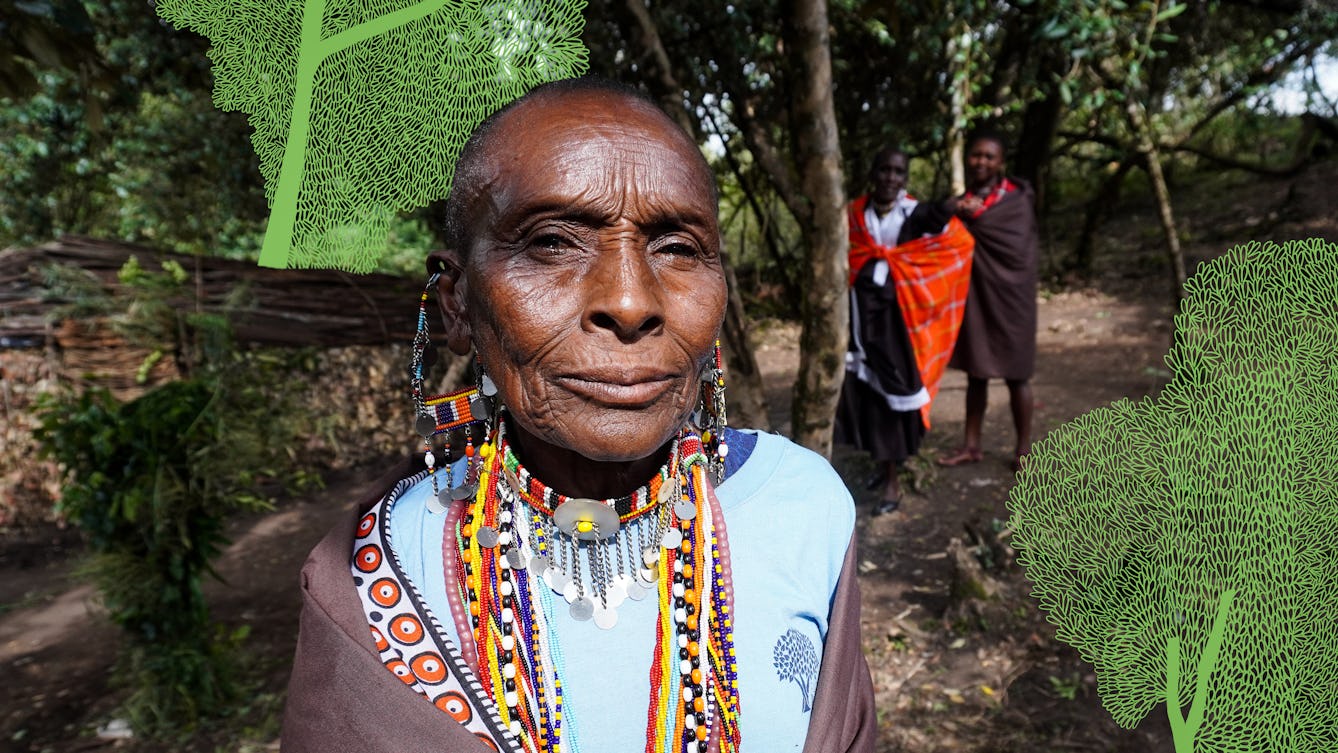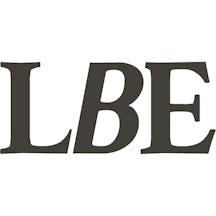What you’ll do
Explore the deep connections between mental health and ecosystem health in this four-day festival. Take part and experience performances, food, workshops, discussions, music, films and more.
Events are organised by access or interpretation type for easier finding here.
The programme is created by Land Body Ecologies (LBE), from teams across India, Uganda, Kenya, Thailand, the UK and the Arctic.
LBE is a research network of artists, researchers, designers, conservationists, technologists and activists from fields including psychology, arts, ecology, sociology, medicine and human rights. LBE seeks to understand lived experiences of land trauma among marginalised communities.
A range of handcrafted items and publications from LBE’s communities and collaborators will be available at the Wellcome Shop for the duration of the festival.
The Land Body Ecologies festival is produced by Unbox Cultural Futures and Invisible Flock.


